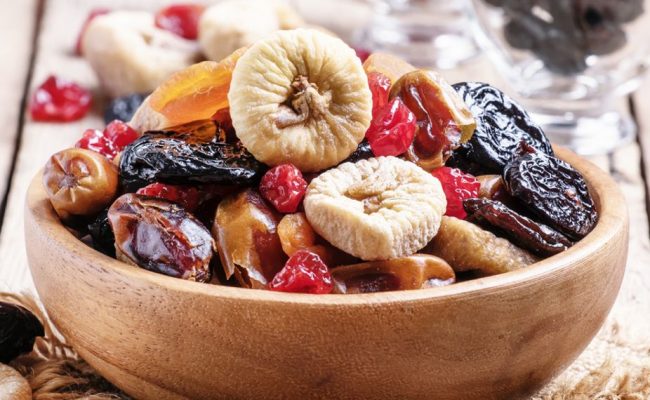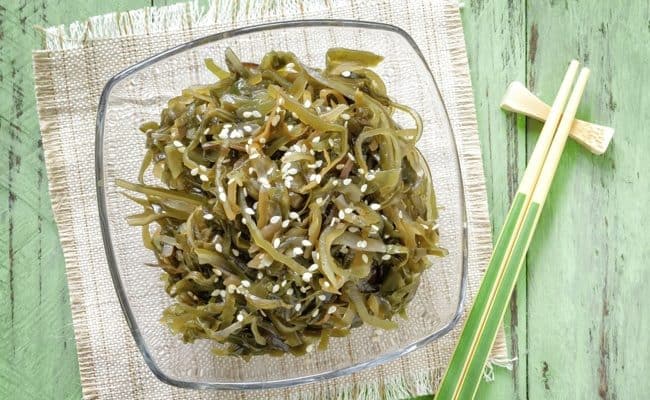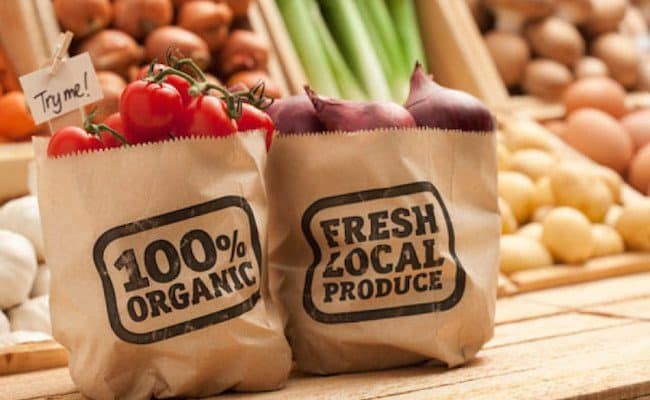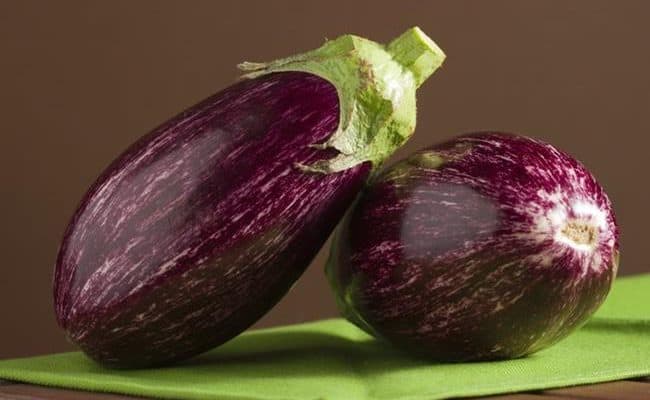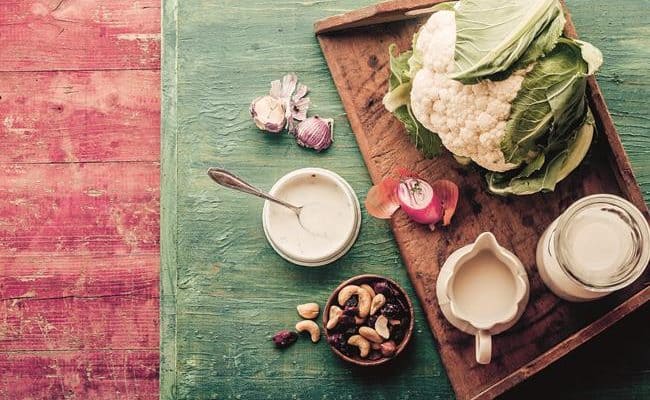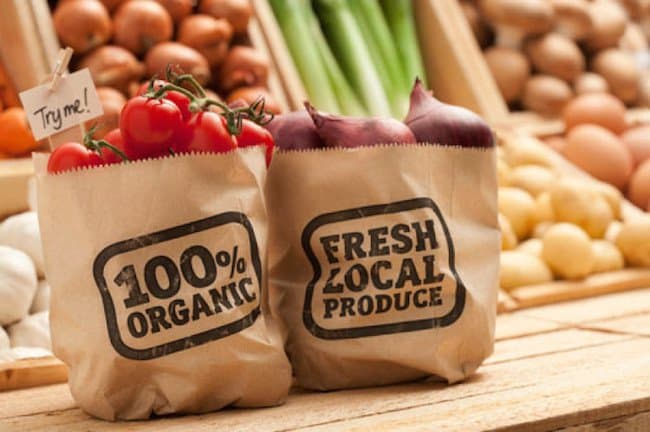
Organic food is becoming more in demand, and many people associate organic as being healthy. There is some debate about whether organic food is healthier than conventional food, and many people have strong views one way or the other. The most common benefits associated with organic food is that it is lower in pesticides, better for the environment and more nutritious compared to conventional produced food.
Here is a look at the potential benefits of eating organic food from research studies and a closer look at what organic means.
What does organic mean?
Organic or conventional relates to how farmers grow crops or raise animals. Organic food is raised with an emphasis on renewable resources and conservation of soil. Organic animals and animal products are not given antibiotics or growth hormones.
Organic products are made without most conventional pesticides, synthetic fertilizers, sewage sludge, ionizing radiation or bioengineering. If something is labeled as organic, an approved certifier has gone to the farm and verified the food is grown within USDA organic standards.
A misconception is that organic products don’t use any pesticides or fertilizers, but organic products may still use these if they are natural and synthetic. Organic food is in every place of most grocery stores now. Keep in mind junk food that is labeled “organic” is still junk food. It may still be full of hidden calories and extra sugar or sodium.
More nutritious?
There is not substantial evidence that organic food has a higher nutritional value compared to conventionally grown food. A 2010 review article looked at more than 12 studies that analyzed the nutritional content of organic vs. conventional food for differences in nutritional content. The authors of the review study found no evidence that organic food had a higher nutritional value.
A 2008 study looked at nutritional differences, specifically vitamin C content, in broccoli that was organic and non-organic. Researchers found no significant differences between organic and non-organic broccoli vitamin C content.
On the other hand, a 2014 study found that, on average, organic crops had a higher antioxidant content compared to conventionally grown crops. This was a unique study showing a difference in nutritional content between conventional and organic crops, but other studies have not shown a difference in nutrition.
Therefore, there isn’t conclusive evidence on nutritional differences between conventional and organic crops; more research needs to be done.
Lower pesticide residue
Organic food does not use conventional pesticides and no synthetic fertilizers. A 2014 study concluded that organic crops had lower pesticide residue and lower levels of toxic metal cadmium. Lower cadium levels were found in organic crops because of the use of natural fertilizers.
Pesticide residue on crops can build up to toxic levels in the body that can have many negative side effects. Therefore, limiting exposure to pesticide residue is beneficial. Organic crops use other methods to protect their crops like insect traps or using other plant species that act as natural insect repellants.
Environment
Organic products help the environment because they are designed to limit pollution and conserve water and soil quality. Chemical pesticides and fertilizers can leach into the ground and surrounding water systems which can disrupt whole eco systems.
Also, some genetically modified crops, which are conventionally grown, actually need higher amounts of pesticides over time because bugs develop a resistance to pesticide levels. There is also some concern that pesticide use and genetically modified crops with pesticide integrated into the plants may be harming other species like honey bees or monarch butterflies.
Other factors
Do organic foods taste better? Taste is a very subjective and biased subject. However, some people think that organic crops taste better. Also, most (but not all) organic farms are usually smaller farms that focus on sustainability. Therefore, supporting smaller farms may be important to some.
Organic products generally cost more than conventionally grown products, so this is sometimes a hindering factor to people buying organic.
Many health associations recommend if you are wondering which products make the most difference to buy organic, when you can, choose organic produce that you eat the outer layer.
For example, cucumbers, tomatoes, leafy greens, berries, etc. are usually on “dirty dozen” lists of produce you may want to buy organic when you can to lower risk of pesticide residue.
Conclusion
Organic foods will usually have lower pesticide residues and are generally considered better for the environment compared to conventionally grown products. There is some conflicting research about if organic is more nutritious than conventional; more research is needed.
Keep in mind organic food does not automatically equal healthy; organic junk food can still be empty calories and high in sugar. Also, even though organic produce is usually lower in pesticide residue, still wash organic fruits and vegetables before eating them. If you can’t afford to buy all organic foods, a general rule of thumb is to buy organic produce that you eat the peel.
References used in this article
